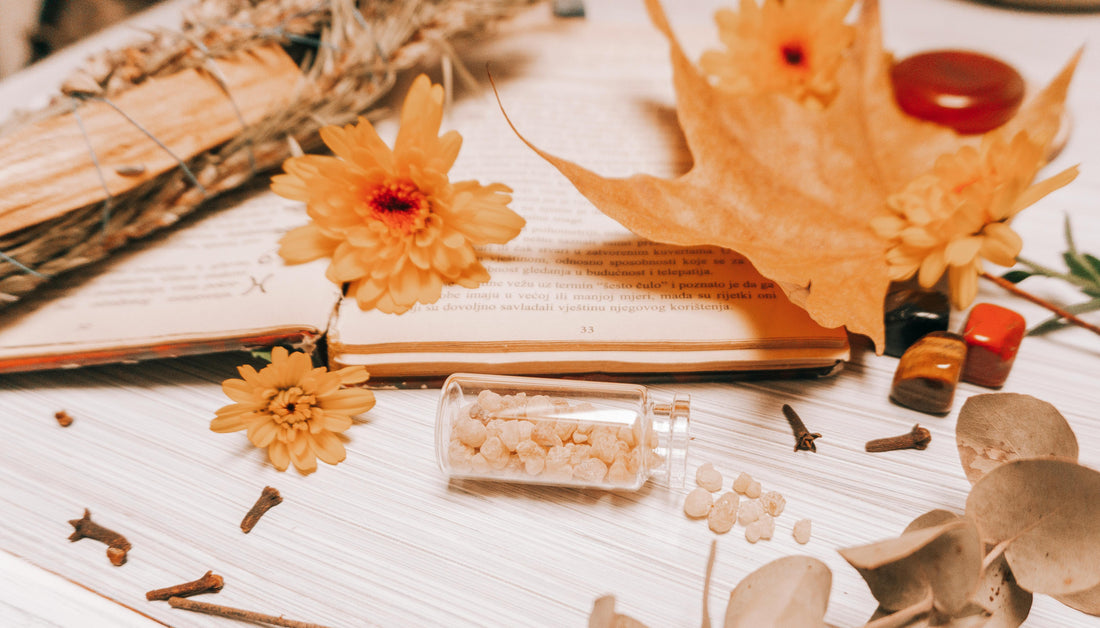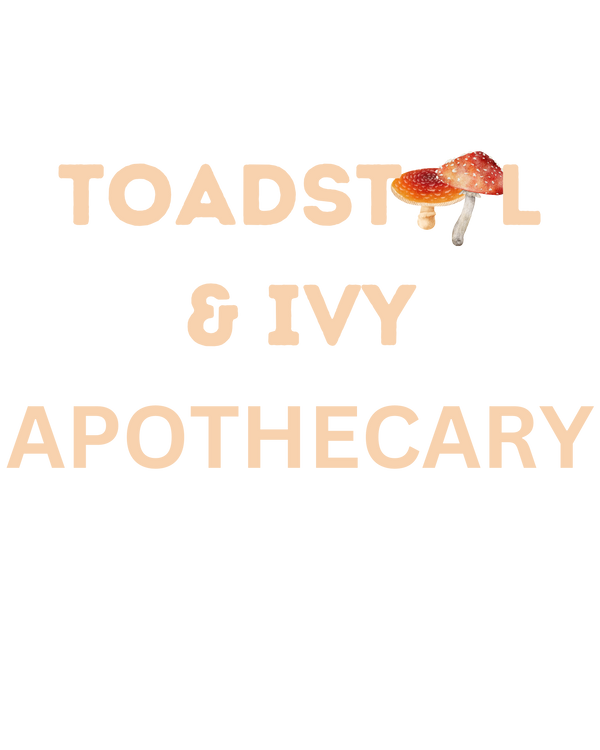
Herbal Medicine Through the Ages: A Journey Through History
Share
The use of medicinal plants for healing and wellness is a practice as old as human civilization itself. From ancient civilizations to modern times, herbal medicine has played a central role in promoting health, treating illness, and connecting humanity with the healing power of nature. In this blog post, we'll embark on a journey through history to explore the fascinating evolution of herbal medicine, tracing its origins, development, and enduring legacy across cultures and civilizations.
![]()
Ancient Roots: The Birth of Herbal Medicine The roots of herbal medicine can be traced back to the dawn of civilization, where early humans relied on the healing properties of plants for survival and well-being. Archaeological evidence suggests that herbal remedies were used by ancient civilizations such as the Sumerians, Egyptians, Greeks, and Chinese, who cultivated extensive knowledge of medicinal plants and their therapeutic applications.
In ancient Mesopotamia, clay tablets dating back to 2600 BCE contain records of herbal remedies and medicinal plants used to treat various ailments. Similarly, ancient Egyptian papyri, including the Ebers Papyrus and the Edwin Smith Papyrus, document the use of herbs like aloe vera, garlic, and thyme for healing wounds, infections, and digestive disorders.
The Greeks and Romans also made significant contributions to herbal medicine, with notable figures such as Hippocrates, Dioscorides, and Galen documenting the medicinal properties of plants and herbs in their writings. Dioscorides' "De Materia Medica," written in the 1st century CE, became one of the most influential herbal texts of the ancient world, serving as a comprehensive guide to medicinal plants and their therapeutic uses.

The Middle Ages: Herbalism in the Medieval World During the Middle Ages, herbal medicine flourished in Europe, blending indigenous knowledge with influences from Arabic and Greco-Roman traditions. Monastic gardens became centers of herbal cultivation and study, with monks preserving and disseminating herbal knowledge through manuscripts and herbals.
One of the most famous herbalists of the Middle Ages was Hildegard von Bingen, a German abbess and mystic who authored "Physica," a groundbreaking herbal text that emphasized the spiritual and healing properties of plants. Hildegard's holistic approach to herbal medicine emphasized the interconnectedness of body, mind, and spirit, laying the foundation for a more integrative approach to healing.


The Renaissance and Beyond: Herbalism in the Modern Era The Renaissance saw a resurgence of interest in herbal medicine, with scholars and explorers rediscovering the botanical treasures of the New World and expanding the repertoire of medicinal plants available to European practitioners. Herbalists like Nicholas Culpeper and John Gerard contributed to this botanical renaissance, publishing herbal texts that made herbal knowledge more accessible to the general public.
In the 19th and 20th centuries, the advent of modern medicine and pharmaceutical drugs led to a decline in the popularity of herbal medicine in Western societies. However, herbalism persisted as a grassroots movement, with traditional herbal knowledge preserved and passed down through generations.
In recent decades, there has been a resurgence of interest in herbal medicine, fueled by a growing awareness of the limitations and side effects of conventional pharmaceuticals. Today, herbalism is experiencing a renaissance, with an increasing number of people turning to plant-based remedies for health and wellness.

The history of herbal medicine is a testament to humanity's enduring relationship with the natural world and our innate wisdom in harnessing the healing power of plants. From ancient civilizations to modern times, herbal medicine has evolved and adapted to meet the changing needs of society, leaving a rich legacy of botanical knowledge and healing traditions for future generations to explore and embrace. As we continue our journey through the ages, may we honor the wisdom of our herbal ancestors and cultivate a deeper appreciation for the abundant gifts of the plant kingdom.
